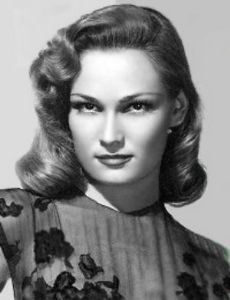
Cesare Pavese
Cesare Pavese was an Italian writer, poet and translator, born in 1908 in Santo Stefano Belbo, Italy. He grew up in a farming family and studied literature and philosophy at the University of Turin. Pavese was passionate about literature and writing, and he became involved in the Italian resistance movement during World War II.
Pavese is best known for his writings, such as his novel La Luna e i Falò (The Moon and the Bonfires), which deals with themes of exile and identity, and his poetry collections, which explore love and the human condition. Pavese was influenced by American literature and wrote extensively about American writers, including Ernest Hemingway and William Faulkner.
In addition to his literary work, Pavese also translated works by American writers into Italian, including novels by James Joyce, John Steinbeck, and Sherwood Anderson. Pavese was a member of the Italian Communist Party and believed that literature could change society and promote social and political change.
Tragically, Pavese suffered from lifelong depression and committed suicide in 1950, at the age of 42. His death was a shock to the literary community and his works continue to be studied and celebrated today.
